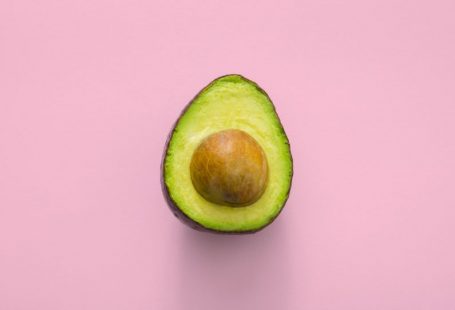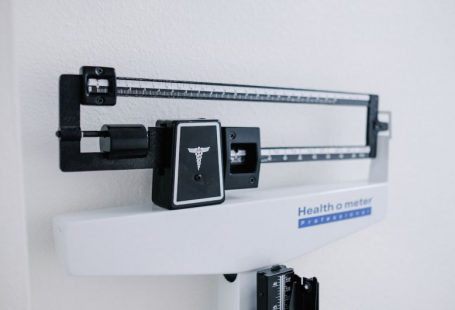As our beloved pets age, their dietary needs change, and it becomes crucial to ensure they are receiving the proper nutrition to support their health and well-being. Just like humans, aging pets may experience a variety of health issues that can be managed or improved through a balanced diet. Choosing the right food for your aging pet is essential in providing them with the nutrients they need to thrive in their later years. Here are some tips to help you select the best food for your senior furry friend.
Understanding Your Aging Pet’s Needs
As pets age, their metabolism slows down, which can lead to weight gain if their diet is not adjusted accordingly. Additionally, aging pets may experience dental issues, joint problems, or other health conditions that require specific nutrients to manage. It is essential to consult with your veterinarian to understand your pet’s specific needs and any dietary restrictions they may have. Your vet can provide valuable insights into the type of food that would be most beneficial for your aging pet based on their health status and any underlying conditions.
Consider the Quality of Ingredients
When selecting food for your aging pet, it is crucial to pay attention to the quality of ingredients. Look for high-quality protein sources, such as chicken, turkey, or fish, as they are essential for maintaining muscle mass and overall health. Avoid foods that contain fillers, artificial preservatives, or excessive amounts of carbohydrates, as these can be hard for aging pets to digest and may contribute to weight gain.
Choose Food Formulated for Senior Pets
Many pet food brands offer formulas specifically designed for senior pets. These formulas are tailored to meet the nutritional needs of aging pets, with ingredients that support joint health, digestion, and cognitive function. Senior pet foods often contain higher levels of antioxidants, vitamins, and minerals to support the immune system and overall health. Choosing a food specifically formulated for seniors can help ensure your aging pet receives the appropriate nutrients to support their changing needs.
Consider Special Dietary Requirements
Some aging pets may have special dietary requirements due to health conditions such as kidney disease, diabetes, or food allergies. If your pet has a specific health issue, it is essential to select a food that is appropriate for their condition. Your veterinarian can recommend a prescription diet or specialized formula that meets your pet’s unique dietary needs while supporting their overall health.
Monitor Your Pet’s Weight and Health
Once you have chosen a food for your aging pet, it is essential to monitor their weight and overall health regularly. Keep an eye on your pet’s body condition score and adjust their food intake as needed to maintain a healthy weight. Regular check-ups with your veterinarian can help ensure that your pet’s diet is supporting their health and well-being as they age. Additionally, be observant of any changes in your pet’s energy levels, coat condition, or behavior, as these can be indicators of their overall health.
Provide Fresh Water and Regular Exercise
In addition to choosing the right food for your aging pet, it is essential to provide them with fresh water at all times and ensure they engage in regular exercise. Staying hydrated is crucial for overall health, especially as pets age and may be more prone to dehydration. Regular exercise can help maintain muscle tone, joint health, and mental stimulation in aging pets. Consider low-impact activities such as short walks, gentle play sessions, or interactive toys to keep your pet active and engaged.
Supporting Your Aging Pet’s Health Through Nutrition
As our pets age, providing them with the right nutrition becomes increasingly important in supporting their health and well-being. By understanding your aging pet’s specific needs, choosing a high-quality food formulated for seniors, and monitoring their weight and overall health, you can help ensure that your furry friend enjoys a happy and healthy life in their later years. Remember to consult with your veterinarian for personalized recommendations and guidance on selecting the best food for your aging pet. With proper care and attention to their dietary needs, you can help your aging pet thrive and continue to bring joy to your life for years to come.





